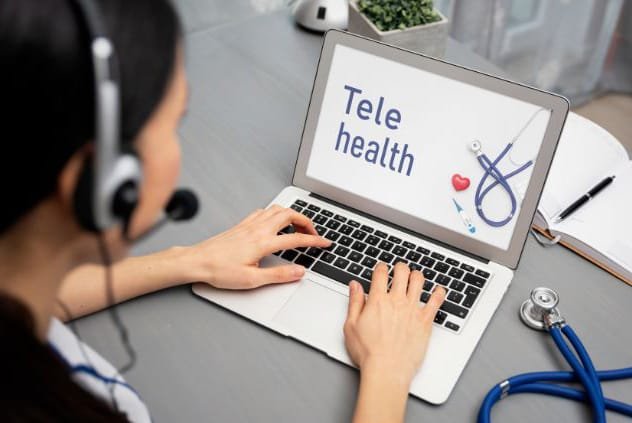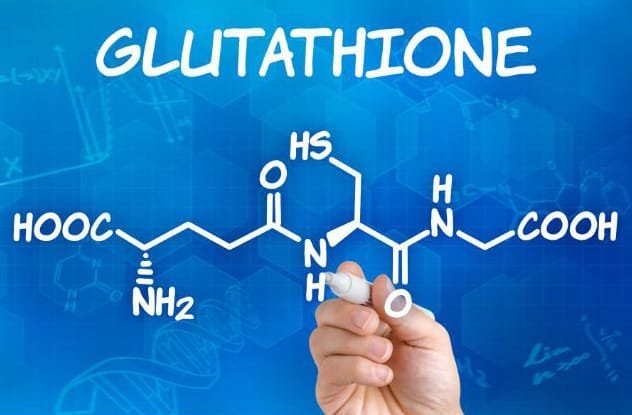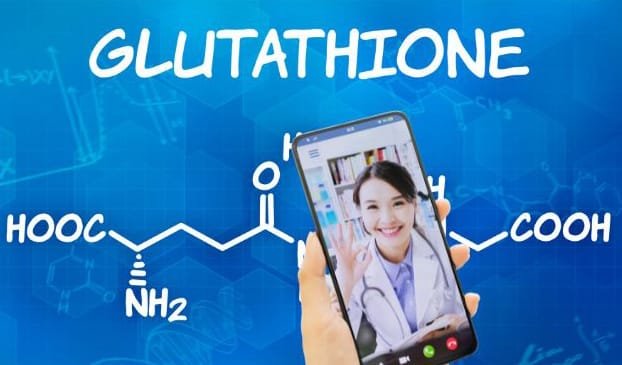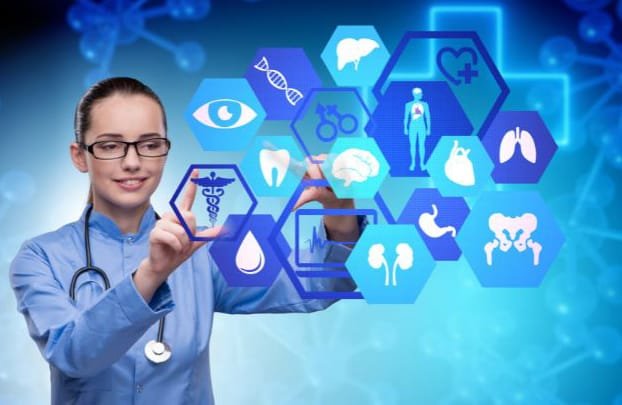In our busy, ever-moving lives, having access to quality healthcare that works around your schedule is essential. That’s where telehealth comes in, revolutionizing how we connect with medical professionals and manage our well-being. Telemedicine, defined as remote healthcare delivery via computer or telephone, has significantly expanded access to care, offering convenience and even helping slow the spread of infections.
But what if this innovative approach could also help you explore specialized wellness strategies, like understanding glutathione supplementation? Let’s dive into how telehealth is making expert guidance more accessible, even for nuanced topics like this powerful antioxidant.
Telehealth: Bridging Gaps and Boosting Access to Care

The growth of telehealth has been remarkable, especially catalyzed by recent global events. In 2021, 37.0% of adults used telemedicine in the past year. This widespread adoption is attributed to its ability to overcome geographical barriers, reduce travel time and costs, and enhance continuous monitoring for chronic conditions.
Telehealth’s benefits extend to diverse populations and needs:
- It improves chronic disease management, particularly in areas like diabetes care, by increasing patient engagement and improving clinical outcomes.
- It offers vital services for conditions ranging from dementia to substance use disorders, reducing urgent care visits and improving treatment adherence.
- Telehealth has also been shown to effectively reduce no-show rates for medical appointments, highlighting its role in enhancing patient engagement and care continuity.
- It makes specialist consultations more accessible, especially for those in rural or underserved areas.
Understanding Glutathione: Your Body’s Master Antioxidant

Before considering supplementation, it’s helpful to understand what glutathione is. Glutathione is a crucial antioxidant naturally produced in your body through enzymatic reactions using amino acids like cysteine, L-glutamic acid, and glycine. It plays an undeniably important role in repairing cells damaged by pollution, stress, and other harmful influences. Its importance is so profound that mice unable to form glutathione die before birth, and those genetically altered to not produce it in the liver die within a month.
Deficiencies in glutathione production in humans, due to enzyme mutations, can lead to increased susceptibility to oxidative stress, red blood cell breakdown, and even mental deterioration over time.
When Might Glutathione Supplementation Be Considered?
While your body typically produces an adequate amount of glutathione when healthy, there are specific circumstances where supplementation has been studied for its potential benefits:
- AIDS-Related Weight Loss: The FDA has evaluated glutathione for AIDS-related weight loss, as individuals with AIDS often have reduced glutathione production in the intestine, and supplementation could aid digestion.
- Cystic Fibrosis: Patients with cystic fibrosis often experience decreased intestinal glutathione, leading to inflammation, pain, and impaired growth. A 2015 study found that glutathione supplementation three times daily with meals could decrease intestinal inflammation and improve growth in children with cystic fibrosis.
- Vascular Disease: Intravenous glutathione has been shown to help ease calf pain in patients with vascular disease of the leg arteries.
- Exercise Performance and Fatigue: Recent research suggests that oral glutathione supplementation could be beneficial for individuals engaged in vigorous exercise. A study involving both mice and healthy human men indicated that glutathione intake can suppress muscle fatigue induced by prolonged exercise. In mice, it improved lipid metabolism and prevented a decrease in muscle pH. In human participants, it suppressed the elevation of blood lactate and significantly reduced fatigue-related psychological factors, while increasing vigor. This suggests glutathione may improve aerobic metabolism in skeletal muscle.

It’s important to note that for generally healthy people, a direct deficiency in glutathione production is unlikely. As of yet, there isn’t extensive research on the use of glutathione in healthy individuals outside of specific contexts like exercise, and some medical professionals, such as Dr. Robert Ashley, an internist and assistant professor at UCLA, would not recommend taking glutathione if you are healthy and your body produces an adequate amount.
How Telehealth Can Guide Your Journey with Glutathione Supplementation
This is where the power of telehealth and glutathione supplementation truly comes together. Given the complexities and individual considerations for any supplement, consulting with a healthcare professional is paramount. Telehealth makes this consultation incredibly accessible:
- Expert Consultations from Anywhere: Whether you’re in a rural area or simply have a busy schedule, telehealth allows you to connect with healthcare professionals to discuss your health goals, exercise routines, and whether glutathione supplementation is appropriate for you.
- Convenient Follow-Up and Monitoring: If a healthcare provider recommends glutathione for a specific condition or as part of an exercise regimen, telehealth platforms enable convenient follow-up appointments. This can help monitor your progress, address any concerns, and ensure the supplementation plan remains effective and safe.
- Enhanced Patient Engagement: Telehealth fosters greater patient engagement and adherence to treatment plans through its convenience and flexibility. This is crucial for consistent and informed use of any supplement.
- Hybrid Care Models: For discussions that might benefit from an initial in-person visit followed by remote check-ins, hybrid models combining in-clinic consultations with continuous remote monitoring are proving highly effective. This could be ideal for initiating and then managing glutathione supplementation under expert guidance.
Your Health, On Your Terms

Telehealth is transforming healthcare by bringing expertise and care directly to you. When considering something like glutathione supplementation, which has shown promise in specific applications but requires careful consideration for general use, the ability to easily access and maintain a dialogue with a qualified healthcare provider is invaluable.
Ready to discuss your health and wellness goals, including potential glutathione supplementation, with a healthcare provider? Contact us and explore the convenient options available through telehealth today.
Subscribe to Our Blog
Love what you’re reading? Don’t miss out on the latest insights, tips, and inspiration! Subscribe to our blog and get fresh content delivered straight to your inbox.
📬 Be the first to know.
💡 Gain valuable ideas.
🎉 Join a growing community of informed minds.
Fill out the form, submit, and let’s keep the conversation going.🌟
Explore our articles to discover how telehealth can bring convenient, quality healthcare directly to you:
